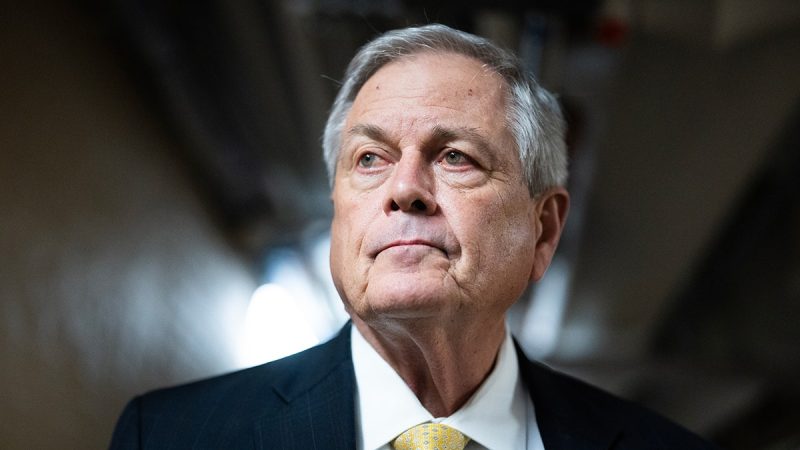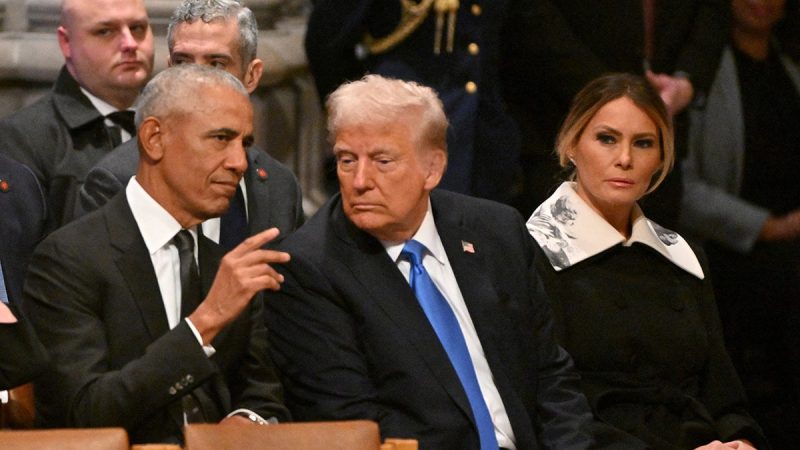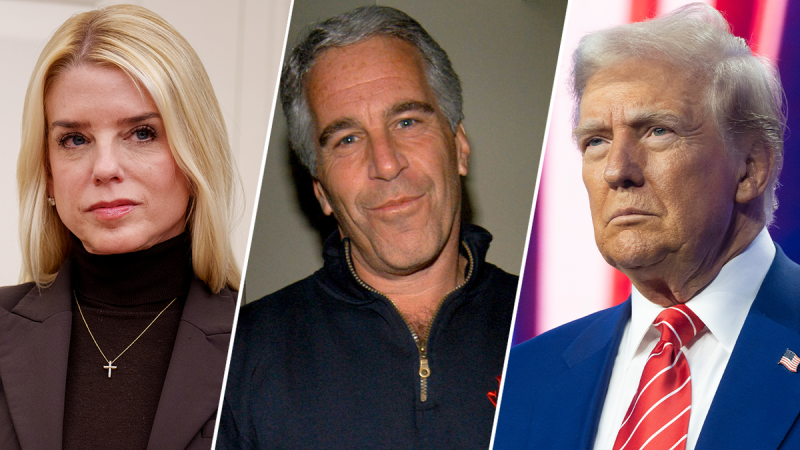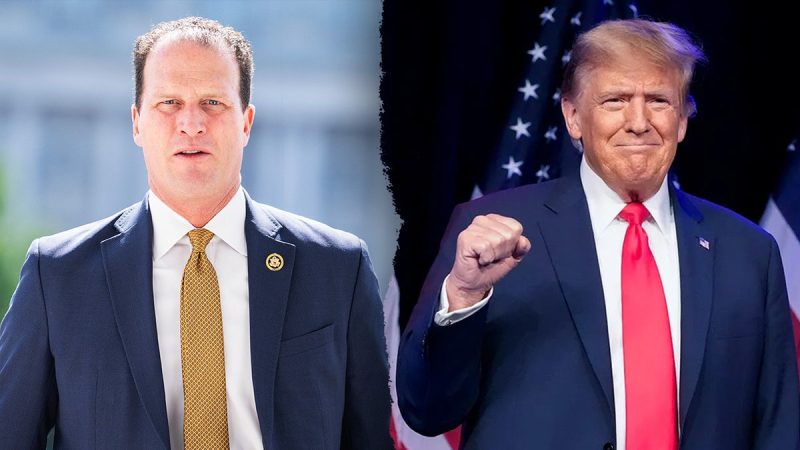
A House GOP lawmaker is entering the race to become South Carolina governor on Friday, his campaign confirmed to Fox News Digital.
Rep. Ralph Norman, R-S.C., a member of the conservative House Freedom Caucus, is expected to kick off his campaign with an event in Rock Hill, South Carolina, on Friday.
As of Friday morning, his non-congressional X account had been changed to say, ‘Ralph Norman for Governor.’
He’s a fiscal hawk on the House GOP’s rightmost flank, where he’s joined other like-minded colleagues in upending leaders’ legislative agenda at times in the name of pushing for more conservative policy wins.
Norman is joining a crowded Republican primary field with his new gubernatorial bid. South Carolina Attorney General Alan Wilson, Lt. Gov. Pamela Evette and state Sen. Josh Kimbrell are also in the race.
Meanwhile, Norman’s House colleague, Rep. Nancy Mace, R-S.C., is also said to be considering a campaign for governor.
‘We wish Congressman Ralph Norman the best of luck today as he announces his run for Governor,’ Mace said in a statement on X.
Norman previously ran the Warren Norman Company, a commercial real estate development business started by his father.
Before being elected to Congress via special election in 2017, Norman served in the South Carolina state House from 2009 to 2017.
A longtime ally of former South Carolina Gov. Nikki Haley, Norman was the only House Republican to formally endorse her before Haley dropped out of the race, after which Norman emphatically backed President Donald Trump.
He told Fox News Digital of his endorsement in January 2024, ‘When I supported Nikki Haley, I had the respect of Donald Trump to call him, and I told him what I was gonna do, and I decided I was going to do it.’
Norman has been a vocal supporter of Trump since Haley’s exit. He was most recently at the White House earlier this week with other House Republicans for a reception celebrating their legislative successes.
Earlier this year, he was part of a group of conservatives in the House Freedom Caucus forcing last-minute changes to the president’s ‘big, beautiful bill’ that they said fell more in line with what Trump actually wanted.
Current South Carolina Gov. Henry McMaster, also a close Trump ally, is term-limited at the end of 2026.
The president’s endorsement will likely play a decisive role in the Palmetto State’s GOP primary.




























